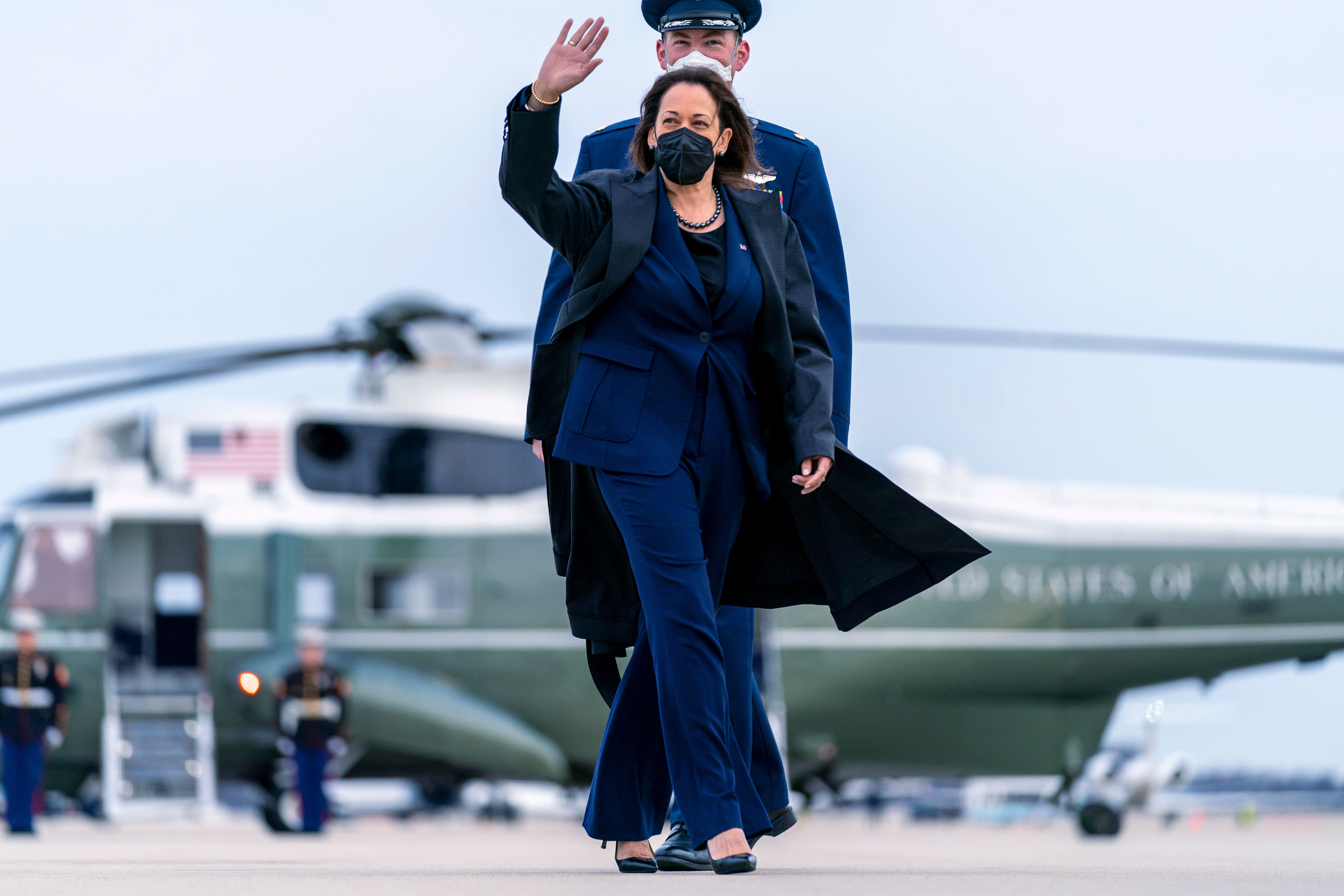Thanks to the Ukraine crisis, the Munich Security Conference has taken on a new importance
The gathering will be an attempt by the west and the others to remind Russia’s Vladimir Putin that the world is watching, writes Sean O’Grady


The “whiff of Munich” – as the defence secretary Ben Wallace described recent attempts to restrain Russian aggression – may be about to turn much sweeter.
Wallace’s reference was to the futile appeasement of Nazi Germany in the name of peace at a conference in Munich, the year before the Second World War. Now, though, world leaders are meeting at a very different event, the Munich Security Conference, in a fresh attempt to talk their way to peace over the Ukraine crisis.
The conference is being attended by representatives of Nato states and other friendly states such as Sweden and Finland, plus Australia, India and Japan. That is in addition to a more circumspect China. Around 70 nations will be represented one way or the other: There will be no Russian attendance. The US vice president, Kamala Harris, and secretary of state, Antony Blinken, will attend, as will chancellor Olaf Scholz of Germany – and Boris Johnson says he will be there, hoping to “unite the west”.
It certainly needs some unity. The US secretary of defence, Lloyd Austin, recently boasted about the unity of Nato nations around protecting the Alliance's eastern flank, with deployments to Poland, Estonia, Romania and Bulgaria. He remarked, “Mr Putin says that he doesn't want a strong Nato on his western flank. He's getting exactly that.”
Secretary Austin was certainly right that Nato had, in respect to its own membership, mostly pulled together and confounded Russian attempts to sow dissent and confusion; but the more immediate challenge has been to forge a single policy on Ukraine. On this, Nato countries have been found to be distressingly more divided – and weaker. Germany, most obviously, has been the least willing to appear bellicose, not least because Putin controls a significant proportion of its gas supply.
France has displayed more resolution, but as ever, pursued its own independent diplomatic initiatives, though President Emmanuel Macron returned from Moscow empty-handed and mildly humiliated. Poland and the Baltic states have been more encouraged by the British and American show of force and gestures of solidarity.
The Munich Security Conference is basically a talking shop, the rough defence and security equivalent of the annual Davos World Economic Forum. Like Davos it had small beginnings, in 1963, a quarter-century after the more notorious four-power conference in Munich attended by Hitler, Mussolini, Édouard Daladier of France and Neville Chamberlain.
The modern Munich conference had its roots in the German resistance movement and the Cold War, and eventually became another semi-formal forum for world powers, large and small, to meet, discuss and reach some measure of understanding. This year, given its timing, it will be much more as Johnson suggests – an attempt by the west and the others to remind Putin that the world is watching. To show that nations have not forgotten about Ukraine – and that there will be consequences for any further revanchist moves.
There is of course no question of any formal international common front emerging from the Munich meeting about sanctions, still less a military response – effectively ruled out by Nato in any case. Insofar as diplomacy has much influence over Russia, it might possibly make Russia behave in a less menacing manner. Alternatively, the collected brainpower gathered in the Bavarian capital might find some imaginative way to accommodate legitimate Russian concerns about, for example, the treatment of Russian-speaking peoples in Ukraine and indeed other former Soviet states such as Estonia.
That would not amount to appeasement, and might just help defuse the situation, and pay the respect Putin so yearns for. At least, this time round, the Munich conference will do no harm.



Join our commenting forum
Join thought-provoking conversations, follow other Independent readers and see their replies
Comments